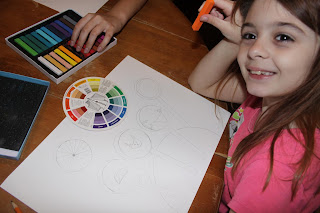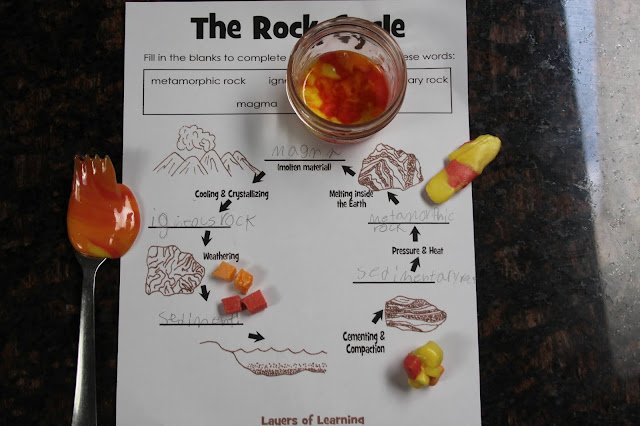Good evening,
After falling in love with Jessie, our bottle fed lamb back in 2016, our family added a few more sheep - including a ram.. and a handful of goats, including a buck! For the past two springs, we have enjoyed bouncing lambs and playful kids!
With the sheep, our ewes have produced twins half the time and we've been very fortunate for healthy babies. With a few of these little ones being boys, we found our way into rehoming them and for the first time last year, sending them to the butcher for our family.
With the goats, we've been blessed with only female kids - so we haven't had to rehome anyone yet; and up until this last birth for our goat Princess, we had been very blessed with normal births and healthy goat kids. This past September, Princess gave birth a week early to a tiny little girl that we called Puppy. Puppy was too weak to stand or nurse.
Goat kids are born hypoglycaemic so being unable to stand and nurse shortly after birth presents the young goat with many hurdles to overcome. Puppy also seemed to have neurological problems - ataxia, and a tongue that protruded from the side of her mouth.
We had to try though, so we milked Princess and using a syringe we fed Puppy and moved her into the house until we could have our vet out to give her a look over.
The care of a premature goat is a taxing process. For two weeks Puppy slept in a playpen in our family room and we milked Princess fed her milk to Puppy with a syringe. The neurological abnormalities became worse and little Puppy passed after a series of seizures.
We were disheartened.
 To keep Princess comfortable we continued to milk her, storing the milk in the freezer. After a couple of weeks I was able to look at the milk and see a wealth of useful options. I weighed and froze portions for soap making, sent off for cheesecloth and vegetable rennet and tracked down citric acid. And after almost a week of milking our little Pygmy goat, I had a gallon of fresh milk ready for our first attempt at CHEESE making!
To keep Princess comfortable we continued to milk her, storing the milk in the freezer. After a couple of weeks I was able to look at the milk and see a wealth of useful options. I weighed and froze portions for soap making, sent off for cheesecloth and vegetable rennet and tracked down citric acid. And after almost a week of milking our little Pygmy goat, I had a gallon of fresh milk ready for our first attempt at CHEESE making!
We decided to give Mozzarella a try first as it was one of the easier cheeses to make. We had great success!
Sammy was right in there! She helped to cut the curds and then to stretch fold and knead the cheese until we had a creamy smooth brick!
The next cheese we attempted was ricotta. Again, another of the simpler cheese techniques. Our ricotta had a nice texture and taste but I found the curds were on the smaller size and it took hours for the curds to firm and the whey to drain.
We will continue to make cheese - cream cheese is on our list. Cheese such as gouda and cheddar are a little more complex and Im not sure we have a good space for cheese curing. Also, I've been finding a cow for our homestead... milk and cheese is a lot like maple syrupin'... as it takes 40 litres of sap to make one litre of syrup; it takes a whole lotta milk to make a little bitta yummy cheese! ;)
xo
Jeanette










































